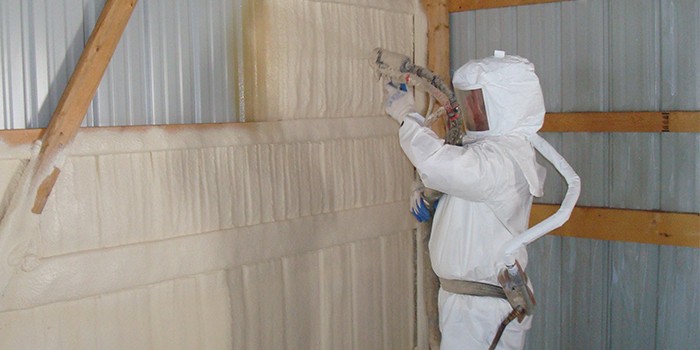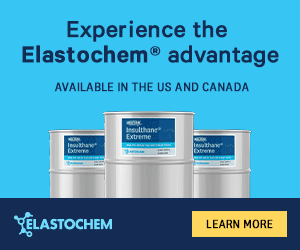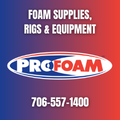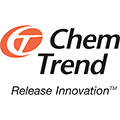Spray Polyurethane Foam Alliance Encourages Proper Insulation and Seal of Buildings to Reduce Asthma Triggers
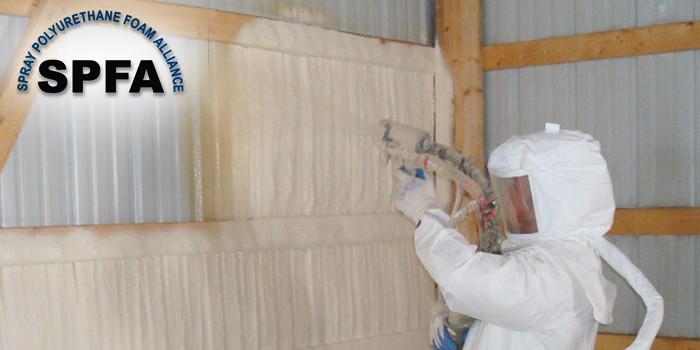
FAIRFAX, VA – June 21, 2016 – The Spray Polyurethane Foam Alliance (SPFA), the educational and technical voice to the spray polyurethane foam industry, urged America’s consumers, businesses and builders to assist in the prevention of asthma and asthma related attacks through the use of responsible building materials and reduction of fossil fuel consumption in homes and commercial buildings. With an estimated 26 million Americans affected by the condition, and its proven direct link to air quality, the SPFA seeks to educate Americans on common ways to reduce its occurrence through the use of quality materials in the built environment.
“Asthma can be a life threatening condition for many Americans and finding and implementing solutions for reducing asthma triggers should be a top priority for all,” said Kurt Riesenberg, Executive Director of the Spray Polyurethane Foam Alliance. “Improving the built environment is one way to protect those who suffer from asthma.”
Asthma is defined by the American Lung Association (ALA) as a chronic, lifelong lung disease that can be serious, or even life threatening. With asthma, swollen airways become extra sensitive to asthma triggers that you are exposed to in the environment everyday and that include pollen, smoke, pet dander, dust, mold, airborne chemicals and changes in weather. When you breathe in a trigger, your airways create extra mucus, swell even further and make it harder to breathe. According to the ALA, of the 26 million Americans who suffer from asthma, more than 7 million are children. It causes millions of lost school and workdays annually and is the third leading cause of hospitalization among children. The American Lung Association links asthma directly to air quality and particle pollution, in particular.
The ALA’s “State of the Air 2016” report found that even with continued improvement in air quality over 2012-2014, with lower levels of year-round particle pollution and ozone indicated as a positive trend, too many people in the United States live where the air is unhealthy for them to breathe. The report also found that nearly 22.8 million people in the United States live in counties with unhealthful year-round levels of particle pollution and that those with asthma are at high risk because of it.
“The Spray Polyurethane Foam Alliance wants to educate American consumers, homeowners, commercial property owners, businesses, builders and others on the importance of proper insulation and air sealing of the building enclosure, as a means for lowering the number of asthma triggers able to permeate the inside of a home or building,” said Rick Duncan, Technical Director of the SPFA.
Spray Polyurethane Foam is a high-performance building material utilized in both insulation and roofing applications. One of the key recognized benefits of spray foam is improved indoor air quality. The material provides a superb seal to the home or structure, acting as an effective thermal, air and moisture control solution. The improved air-tightness that spray foam provides allows for better control of indoor humidity, which reduces the occurrence of mold. Additionally, it dramatically minimizes the volume of exterior allergens and pollutants such as pollen, smoke, dust and airborne chemicals able to randomly enter the structure. A well-sealed building allows for controlled and filtered ventilation of the building. This reduction in asthma triggers benefits all owners, residents and visitors susceptible to the condition or other respiratory-related health issues.
RELATED OSHA’s Final Rule to ‘Nudge’ Employers to Prevent Workplace Injuries, Illnesses, OSHA Updates Eye and Face Protection Standards in Final Rule, Spray Foam Coalition Sponsors Event to Inspire Next Generation of Architects, Builders, and Entrepreneurs
Another key benefit of spray foam is enhanced energy efficiency. The ability of spray foam to effectively seal the structure reduces temperature variations as outdoor weather shifts, leading to a significant reduction in the heating and cooling demands of the home or building. Not only can owners and residents reduce their heating and cooling energy bills up to 40%, but this reduction in the structure’s energy demand equates to less fossil fuel consumed by the structure for electricity in heating and cooling. The “State of the Air 2016” report cites the generation of electricity as one of the biggest sources of pollution and cites a reduction in electricity use as a primary goal for curbing the air pollution that causes asthma and other health conditions.
“With electricity production a major contributor to air pollution and asthma triggers, spray foam use in the built environment and the energy conservation it results in, ultimately reduces those triggers to the benefit of anyone at risk of asthma in the community,” added Rick Duncan of the SPFA. “Spray Polyurethane Foam insulation and roofing are among the few products with such a positive effect on both ends of the spectrum – reduction in energy production and the maintenance of great indoor air-quality.”
As the educational and technical voice of the industry, the Spray Polyurethane Foam Alliance (SPFA) notes that the benefits of SPF use are optimized with proper installation. The association promotes best practices and safety at all times in the installation of the product. The SPFA also offers a Professional Certification Program to installers, contractors, suppliers and others, and encourages all of those professionals industry-wide to complete the program as a means for ensuring best practices and customer satisfaction.
About Spray Polyurethane Foam Alliance (SPFA): Founded in 1987, the Spray Polyurethane Foam Alliance (SPFA) is the voice, and educational and technical resource, for the spray polyurethane foam industry. The Alliance is a 501(c)6 trade association composed of contractors, manufacturers, and distributors of polyurethane foam, related equipment, and protective coatings, inspections, surface preparations, and other services. The organization supports the best practices and the growth of the industry through a number of core initiatives, which include educational programs and events, the SPFA Professional Certification Program, technical literature and guidelines, legislative advocacy, research and networking opportunities
Disqus website name not provided.







